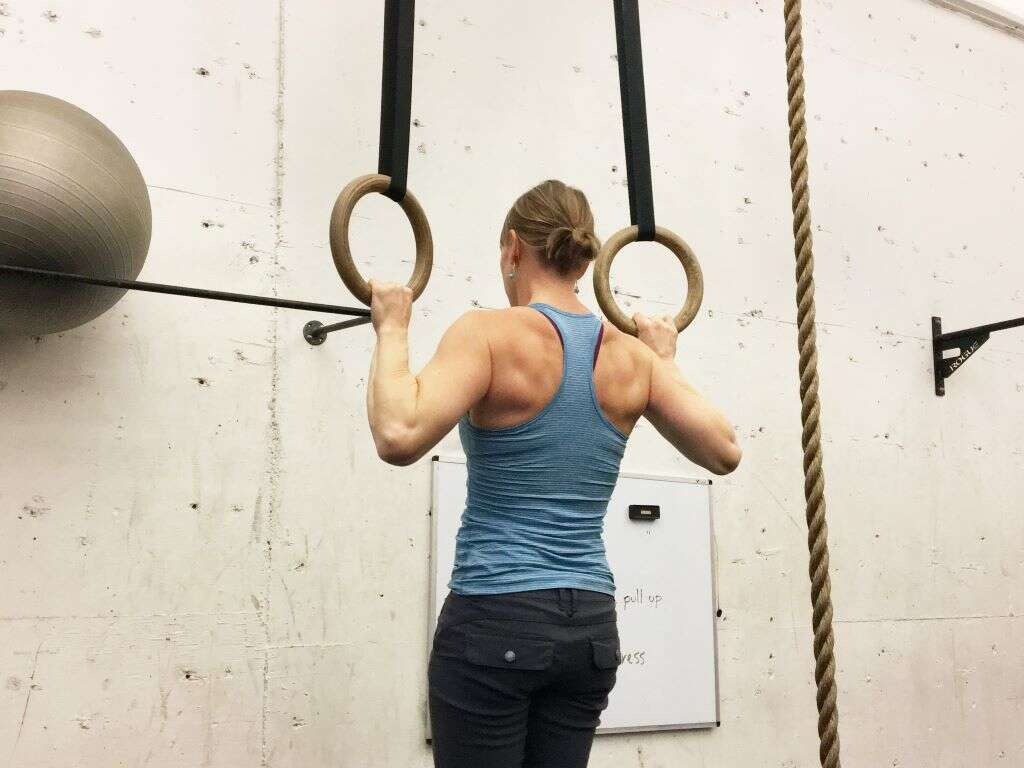What Is a Frozen Shoulder?
7. Surgical Therapy
Surgery is reserved for patients who do not experience any improvement in symptoms despite conservative management. Surgical therapy should be deferred as long as possible. Patients with frozen shoulder who fail to improve despite nonsurgical therapy and medication are known as having recalcitrant or refractory frozen shoulder. These patients demonstrate minimal improvement over 3 months despite aggressive nonoperative measures such as physical therapy and medications; however, it should be noted that it can take much longer than 3 months to move through the stages of a frozen shoulder.
Aggressive nonoperative measures may also be aggravating to the area depending on the stage of frozen shoulder (which can be difficult to identify) thus lengthening the time it takes to recover. In these cases, distention arthrography, manipulation, and open surgical release may be required. Complications that can occur from these therapies include rotator cuff tears, humeral shaft fractures, and transient brachial plexus injuries. After surgery, physical therapy may be required. As stated above, surgery has not been found to improve outcomes.
Advertisement











